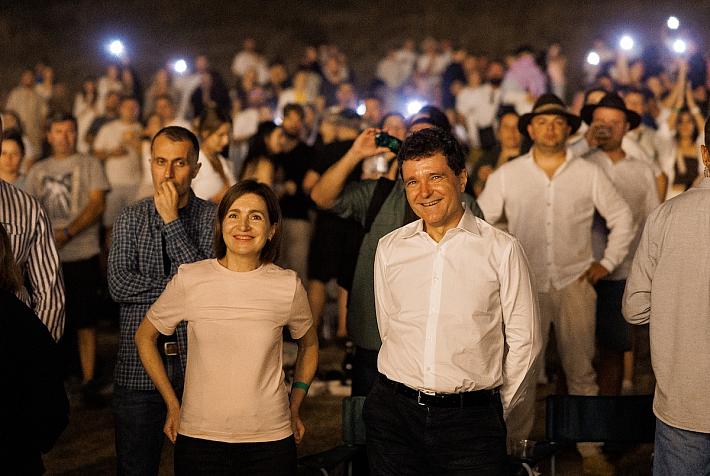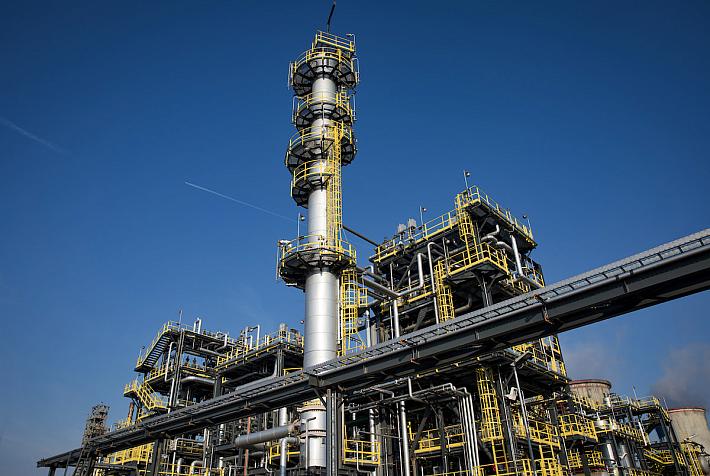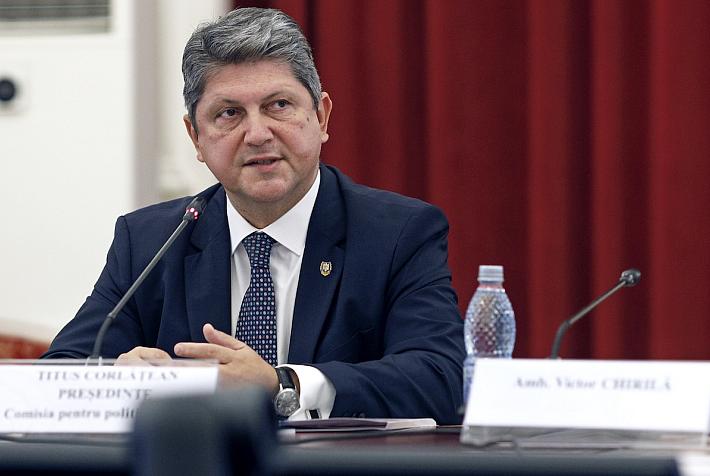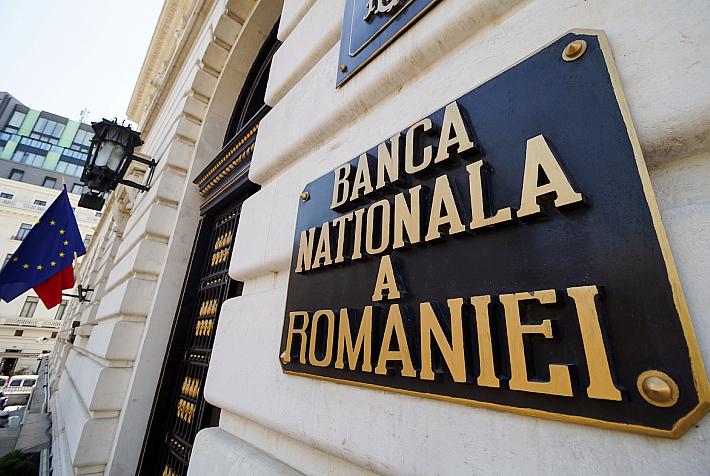Forex is a bet, not an investment for most Romanians

Only a few thousand Romanians invest their money in the foreign currency market (Forex), the majority of which inject small amounts of money looking for fast high returns, according to Forex platform TeleTrade.
Many Romanians have lost their money in the past years in this high-risk market, where things change very fast and high returns can turn to major losses in a matter of minutes, which is why the number of active Forex investors is very low.
“The forex market is pretty much volatile, meaning that a currency may appreciate or depreciate overnight, or in just a few days, as we recently have witnessed happening with the Swiss Franc and the US Dollar, and the risks are high too. In other words, the players must know the field very well, and if not, they may still listen to ill-advised adverts promising overnight enrichment, which may turn instead into major losses,” said Catalin Chivu, CEO of TeleTrade Romania, the local subsidiary of Cyprus-based Forex platform TeleTrade.
The typical Forex investors are Romanians or expats, mostly men, aged 30-50, that have a certain financial education and a disposable average income of more than EUR 2,000, according to Chivu. Their typical investments are smaller than the critical mass required to generate real significant revenues, which is about EUR 10,000, but the Forex platforms try to get more clients by offering them bonuses based on how much they invest.
“Most of the small account holders treat forex as a quick way of getting rich, rather than a long-term investment. This is due to a lack of financial education, and, in this case, the trading becomes a gamble,” Chivu said. According to him, the majority of Forex investors who will bet small amounts of money (EUR 50 or EUR 100), lured in by market companies promising great returns, will always lose their money and withdraw.
There are also large investors who see the potential of using clear long-term strategies, and those are the ones that usually gain more, according to statistics. Some clients prefer to use a synchronized trading tool to glue their account to master traders and copy their strategies. Investors can choose between more master traders and, therefore, follow different strategies, thus hedging better the risk, according to Chivu.
However, these large investors are only a minority, and their number is increasing very slowly, as Forex has got a negative reputation in Romania due to aggressive marketing and trading strategies from smaller brokerage firms that feed on their clients’ losses.
“We face a delicate situation, in which small brokerage companies, desperate to get the money fast, ruin the reputation of the forex in general, promising a certain win and eating up fast the money into small account that never have the critical mass, nor stand any chance of winning over the long term,” he added.
This is why international Forex companies such as TeleTrade, X-Trade Brokers and others have been trying to get the Romanian Financial Supervisory Authority (ASF) create a set of rules for the market, a task that the ASF hasn’t committed to yet.
“We expect for a more solid regulation on behalf of ASF, and we are ready to participate in a dialogue with the Authority in order to raise the market awareness about the importance of using multinational, solid track record players and strategies, as opposed to small-amount, short-term strategies promised by small players that change their commissions and margins during the investment period, virtually lying to their customers,” said Catalin Chivu.
Romanian broker trades forex on Mont Blanc in world premiere
editor@romania-insider.com











